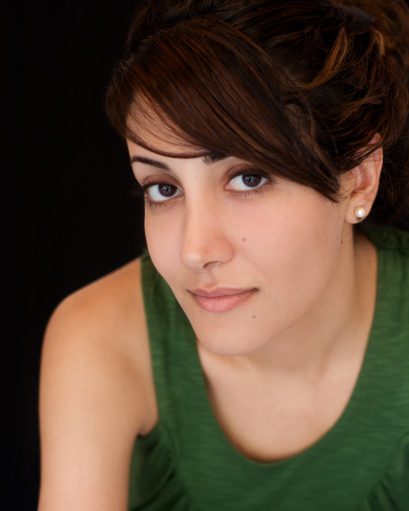Women composers stand tall alongside old masters in NOVA Chamber program

“Chance Has Spoken” by composer Gity Razaz paired music with ballet Sunday at Gardner Hall.
Tower’s single-movement Night Fields, written in 1994 for the Muir String Quartet, received a vibrant performance Sunday from the Fry Street Quartet, resident artists at Utah State University making their annual appearance with NOVA. The group — violinists Robert Waters and Rebecca McFaul, violist Bradley Ottesen and cellist Anne Francis Bayless — are remarkably astute musicians and keen interpreters. They captured the emotional intensity and rhythmic vitality of Tower’s work effortlessly.
Night Fields is built on constantly shifting moods and propelled by a restless energy generated through exchange and repetition of short motivic fragments among the four instruments. Its languid opening gives way to a bleak tonal landscape only occasionally broken by moments of repose. The foursome brought a wealth of expressiveness to a version that underscored the power of the piece, gave it depth and dimension, and drew the audience into Tower’s music, which come alive with imaginative playing.
Razaz’s piece, Chance Has Spoken, was conceived as a ballet for string quartet, vibraphone and eight dancers. For this performance, Utah-based choreographer Natalie Desch reimagined the dancing component for two.
Chance Has Spoken is colorful and rather mellow, and received strikingly beautiful visual interpretation from dancers Amber Golden and Bailey Sill. The Fry quartet, joined by Utah Symphony principal percussionist Keith Carrick, gave a nuanced and lyrical reading that harmonized perfectly with the dancers’ fluid lines, and highlighted the evocative mood created by Razaz’s disarmingly simple musical construction.
The concert opened with a rare performance of Beethoven’s Drei Equali for trombone quartet, played by the Utah Symphony trombonists Mark Davidson, Sam Elliot and Graeme Mutchler with Brigham Young University faculty member Will Kimball.
The three brief pieces are all slow, somber and rather funereal in character, and the four trombones, with their rich sonority, conveyed the dignified solemnity of the music with a subtle reading that was harmonious and religious in character.
The program ended with a gripping interpretation of Elgar’s Piano Quintet in A minor, op. 84. A late work, the quintet is emotionally charged, with dark, brooding overtones. The Fry Street Quartet, with pianist Frank Weinstock, in an intuitive collaboration, had a clear vision for Elgar’s three-movement piece and the means to articulate it. The quintet’s powerful rendition, finely crafted and executed, paid close attention to details underlying the music’s moody character.
The opening Moderato Allegro contains strong shifts of feeling, with moments of effusive romanticism, but everything tempered by a dominant element of sobriety that overshadows the glimpses of carefree exuberance. The five players captured this interior conflict with a clarity and craft that underscored the drama at play.
The slower second movement Adagio is introspective, as if Elgar were reflecting on his life with a sense of resignation and a poignant bittersweet tinge. The players treated the sentiments with apt care and sensitivity, infusing the music with grace, elegance and tender lyricism. The closing Andante Allegro, somewhat lighter in character, sees the pervasive veil of darkness finally lifted. The group responded accordingly with a luminous account full of bold, romantic exuberance.
NOVA Chamber Music Series continues 3 p.m. February 17 at Libby Gardner Concert Hall with three works by Utah Symphony composer-in-residence Andrew Norman: Mine, Mime, Meme; Frank’s House and Light Screens. Also on the program: Claude Debussy’s Violin Sonata and Antonin Dvořák’s String Quintet No. 2, op. 77. novaslc.org.